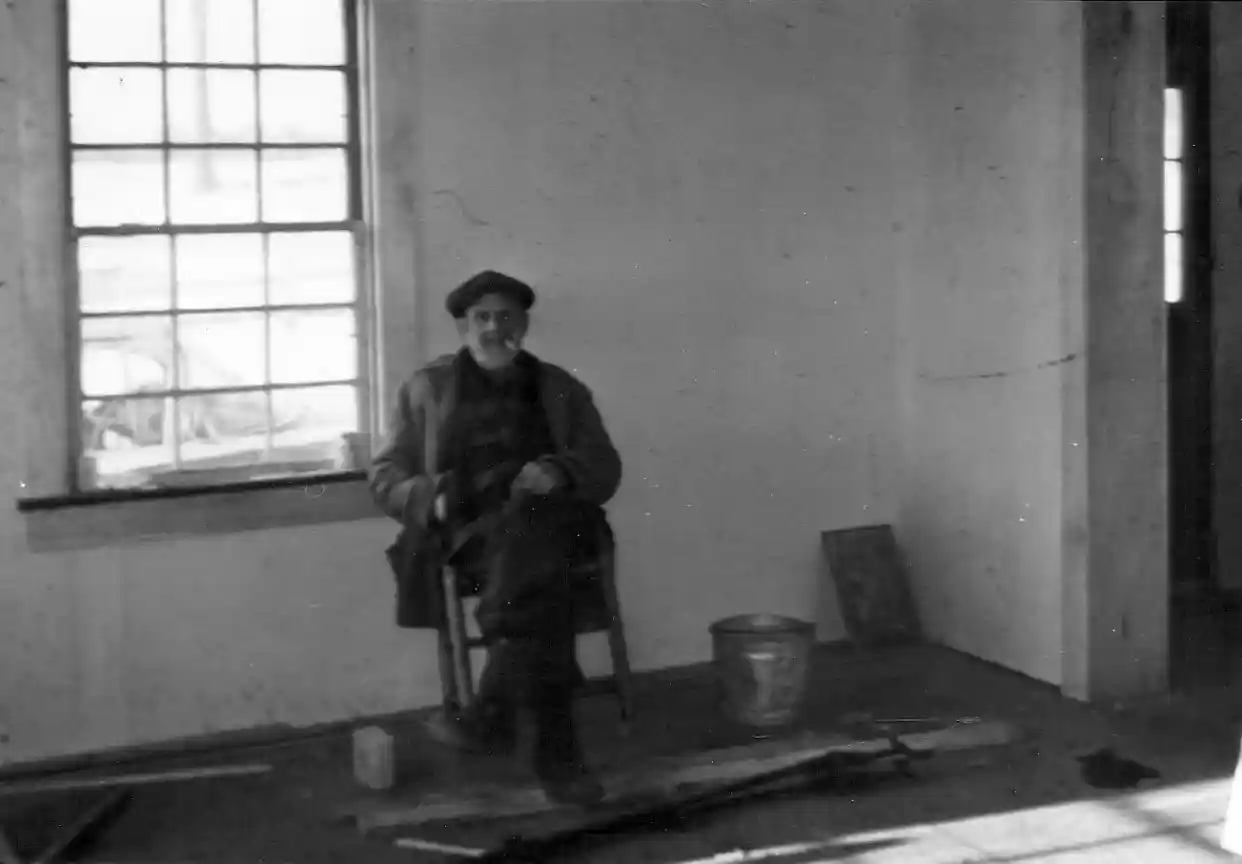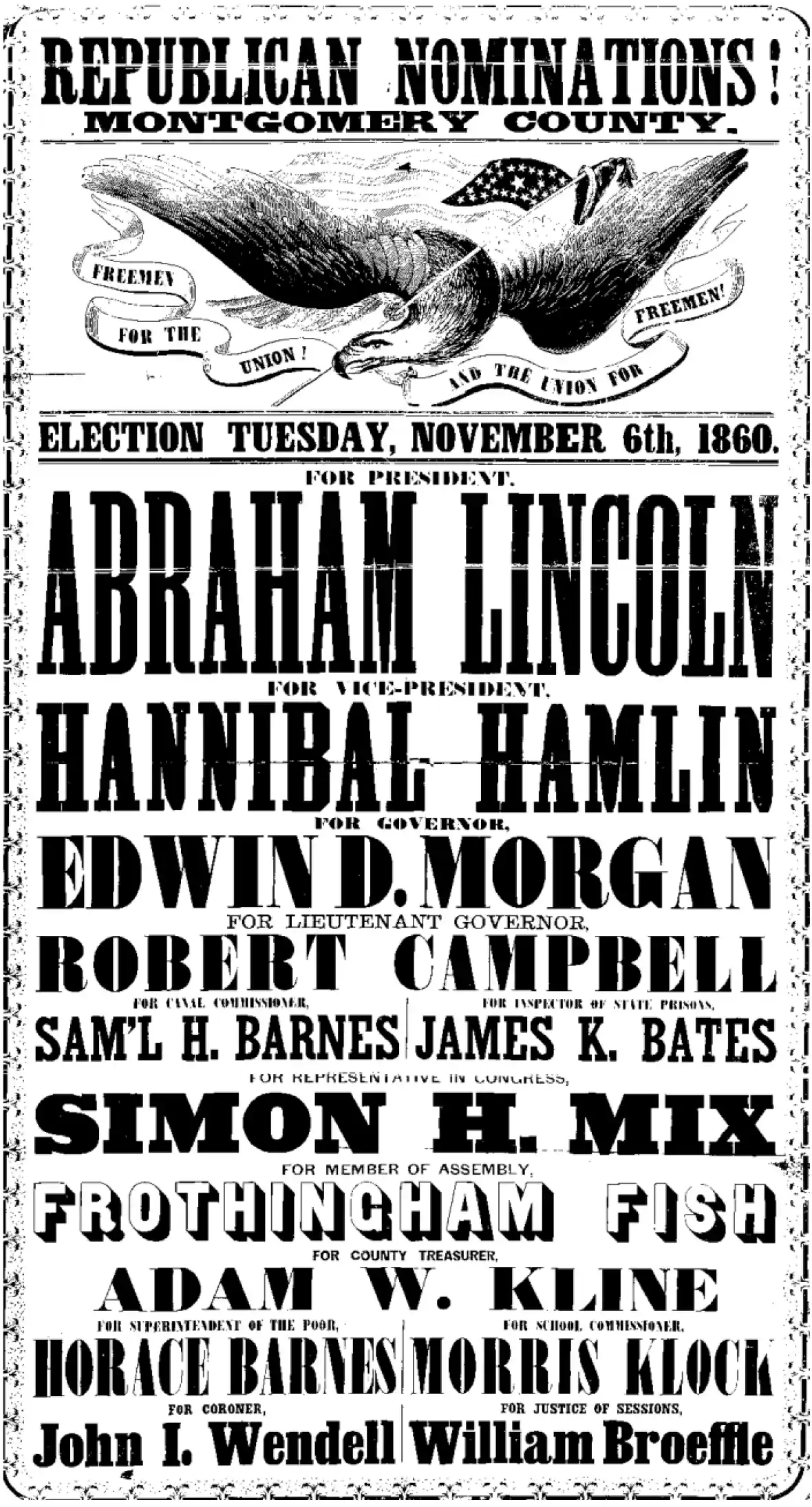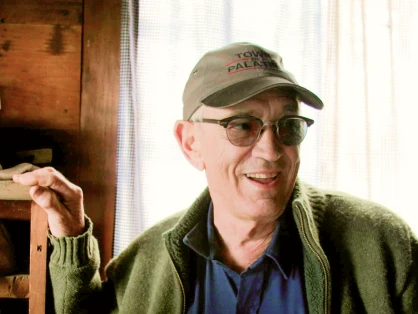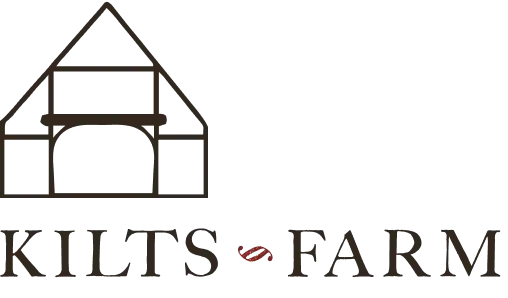As each of us tread along life’s pathway people who are special to us emerge. One of these friends for me was Jay Edward Nellis (1892 to 1967). I first met Jay shortly after we began our effort to save old Fort Klock in 1954. I suppose one basic connection was that my wife Ethel Nellis Barshied (1930 to 2006) and Jay could both trace their ancestry back to William Nellis (1694 to 1778).

William, born in the Palatinate along Germany’s Rhine River saw devastation by the weather and persecution because of man’s changing religious beliefs. He along with other members of his family arrived in America in 1710 and by 1723 had found his way to Stone Arabia. I wish now to return to the 1950s when I met Jay. His wife had passed away and doubtless he was lonely. The old farm (Palatine Stock Farm) where he lived at Palatine Church had belonged to his Fox family ancestors.
He came to help at Fort Klock because he was also descended from the Klock family. We know Jay could be quite polished at times. He came from good stock. He was quite a character also. His folksy habits and language helped to make him special to many of us. If he liked you it was sure you always had a friend. His old house was in reasonably good condition on the outside but inside it was cluttered with the things of today, yesterday and long ago.
One day he showed me an old pierced tin lantern. He said he got it from the dark, low attic where he had only been once or twice in a half century or more. He said it was time to check the condition of the chimney to see if it was safe. He gave the lantern to me. As a born collector I wondered what else was up there. So Jay showed me the hole in the ceiling of an upstairs bathroom that was the only access to the attic.
I’ll get a good flashlight and you can go up there with me. Things that were just too good to throw away and outdated things which might once have been just what was wanted had found a haven there. I handed down to Jay the utensils used in cooking over an open fireplace, parts of beds, spinning wheels, all of the parts of a loom, and account books with entries starting in the early 1800s and unused for 100 years. My flashlight batteries are running down. The rafters of the old house were hand hewn and the ties connecting them were also. On the ties were two very wide pine boards. What are those long pieces of paper folded on those boards?
There was some soot on them and no wonder for the railroad some distance to the south had been a neighbor since 1836. Well, my batteries are finally dead. Jay held the step ladder so I could climb back to daylight. The question was should I make another trip up there some time?
I thought I probably had all there was of any great consequence but then maybe I didn’t. Let’s get the stepladder and a lead light and make a final inspection. Jay gazed up as I again entered the attic. What about those two old pieces of paper lying up there? They are probably nothing but some paper made in the old mill here 100 or so years ago. The first large sheet proved to be exactly that. Let’s look at the other. Folded up it was about 16 inches by 36 inches.
It is old and tender so we will unfold it carefully to its full 3 feet by 5 ½ feet. I said: “Oh Boy!” and Jay asked what I found. He was just as happy that I had found something I liked as I was. It was about 1959 and the civil war centennial was nearing. There by the first electric illumination that that dark old attic had ever seen lay a treasure: A poster with all of the Republican nominations for the election of 1860. There at the top was “Abraham Lincoln” in large letters.
Jay passed away in 1967. The poster has remained as something special to this old collector. Sometime soon it will find its way to an apartment in New York City. The new owner is Ben, my first born grandson. It is a huge step from a rural store, then being carefully folded, placed in a farmhouse attic, then to a Stone Arabia wall, and then to far away New York City as a reminder of what Lincoln did to save the Union. I hope it will survive and be treasured as it has been by me.
Skip Barshied, Stone Arabia, December 15, 2014



